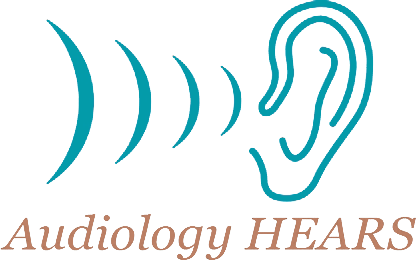The process of selecting hearing aids involves picking a device but also finding a solution that integrates seamlessly with daily activities while improving communication and overall well-being.
For many, hearing aid dispensers are the bridge between identifying hearing needs and finding the right technology to meet them. Their expertise ensures that individuals with hearing loss receive personalized care tailored to their lifestyle, preferences, and hearing health goals.
Matching Technology to Individual Needs
Modern hearing aids come with many features, from Bluetooth connectivity to noise reduction and rechargeable batteries. Hearing aid dispensers assess how an individual’s daily activities align with these technologies. For instance, someone who frequently attends social gatherings or works in noisy environments may benefit from devices with advanced sound filtering.
On the other hand, individuals who lead quieter lifestyles may prefer simpler models that focus on comfort and clarity. This approach ensures that the hearing aids selected provide optimal support, allowing users to engage in their favorite activities without unnecessary complications.
Customization for Comfort and Performance
Comfort is a significant factor in hearing aid satisfaction. Hearing aid dispensers often recommend devices based on physical fit, style preferences, and ease of use. They see to it that the device sits comfortably and performs efficiently, whether a behind-the-ear model or a discreet in-the-ear option.
In addition to the physical fit, dispensers fine-tune the device settings to match the degree and type of hearing loss identified during a hearing health exam. This customization enhances sound quality and ensures users experience clear, balanced hearing.
Explaining the Importance of Regular Maintenance
Like any technology, hearing aids require maintenance to function at their best. Hearing aid dispensers guide patients on care routines, such as cleaning, battery management, and storage practices. Regular check-ups and adjustments help prolong the life of the device and maintain its effectiveness.
Dispensers also educate individuals on recognizing signs of wear or potential issues and ensuring timely repairs or replacements when needed. This proactive approach contributes to better long-term outcomes for hearing health.
Educating About Advancements in Hearing Technology
Hearing aid technology evolves rapidly, offering features designed to meet diverse needs. Hearing aid dispensers stay informed about these innovations and share relevant options with clients. From artificial intelligence-powered sound adjustments to devices with telehealth capabilities, modern hearing aids cater to various lifestyles.
Educating individuals about these advancements empowers them to make informed decisions and take full advantage of what modern hearing aids offer. This level of support ensures users remain connected, confident, and engaged in their daily lives.
Encouraging Ongoing Hearing Health Management
Selecting the right hearing aid is just one step in managing hearing loss. Hearing aid dispensers emphasize the importance of routine hearing health exams and regular consultations to monitor changes in hearing ability.
These evaluations help identify when adjustments to current devices or new technology might be beneficial. Dispensers see to it that individuals experience consistent improvement in their hearing health and overall quality of life by prioritizing continuous care.
